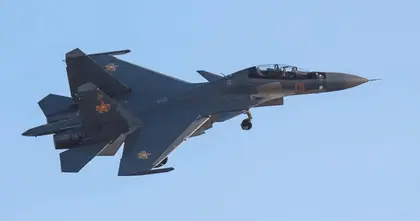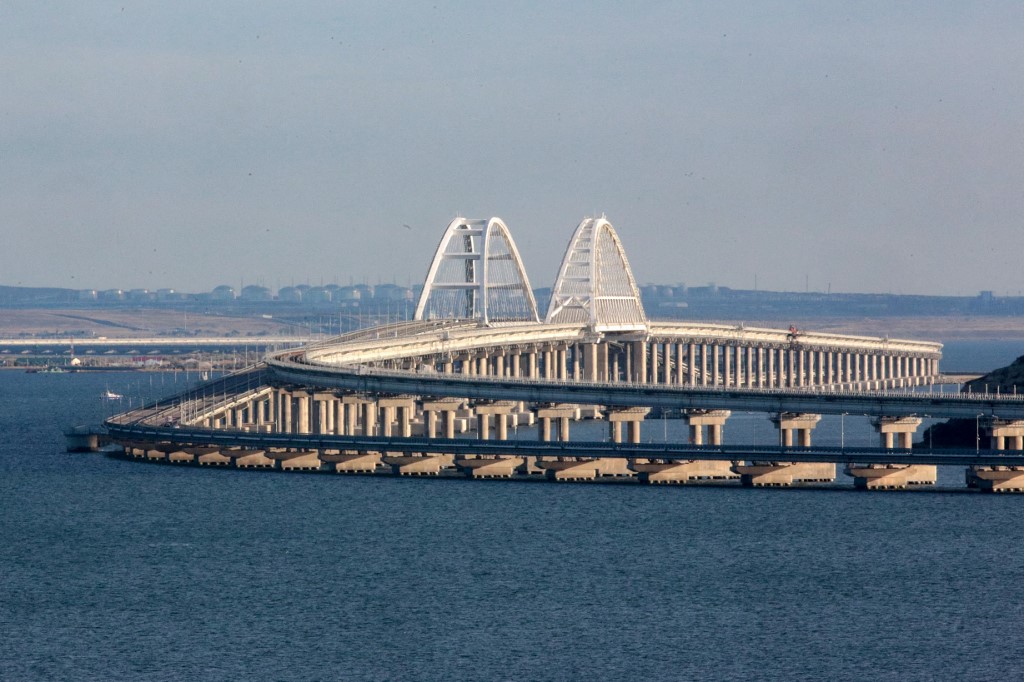For several years Kazakhstan has been gradually replacing its outdated fleet of Soviet-made combat aircraft with modern versions, such as the Russian Su-30SM multi-role aircraft and has been in discussion with Western manufacturers to source suitable combat platforms.
As part of this process, it was announced in October that the Kazakh government was offering 117 Soviet-era fighter and bomber aircraft for sale by auction. This included MiG-31 interceptors, MiG-27 fighter-bombers, MiG-29 fighters, and Su-24 bombers produced in the 1970s and 1980s. The declared value for the sale was one billion tenge ($1.5 million).
JOIN US ON TELEGRAM
Follow our coverage of the war on the @Kyivpost_official.
The offer for sale pointed out that the aircraft were in an unusable condition, their modernization was considered economically impractical, and their utility as a source for spare parts was limited.
Despite this it was reported on the Russian English language news site Reporter.RU and the Ukrainian Telegram channel Insider UA that the US had recently purchased 81 of the aircraft through offshore entities. Among the aircraft transferred under the scheme were MiG-27, MiG-29 and Su-24.
The reason for the purchase was not declared but speculation has grown that, as the aircraft types are all in service with Ukraine, it is likely they will eventually be transferred to Kyiv. The suggestion is that the the Armed Forces of Ukraine(AFU) would disassemble them for spare parts or even use the obsolete airframes as decoys at airfields.

Türkiye, Syria, Russia and US
Previously Ukraine’s Western allies had purchased or transferred a plethora of Soviet military equipment to support and supplement the weaponry already held by the AFU.
It also seems that Kazakhstan is increasing its ties with Western nations and is attempting to reduce the historic strategic and military links with Moscow, with visits to and from Astana by politicians from countries considered unfriendly to the Russian Federation.
Kazakh President Kassym-Jomart Tokayev visited Germany, in the autumn of 2023 and insisted that Astana “has clearly stated that it will follow the sanctions regime. [against Russia].” Tokayev also said Kazakhstan was not “anti-Russia” and valued “comprehensive cooperation with Russia, with which we share the [second] longest border in the world.”
This week, the UK Foreign Minister, David Cameron, visited Astana and concluded agreements on trade, education, environment, and mineral supplies. Cameron mentioned that Kazakhstan is surrounded by difficult neighbors – Russia, China, Afghanistan, and Iran and offered London’s support to deal with issues that arise in this difficult region.
You can also highlight the text and press Ctrl + Enter






